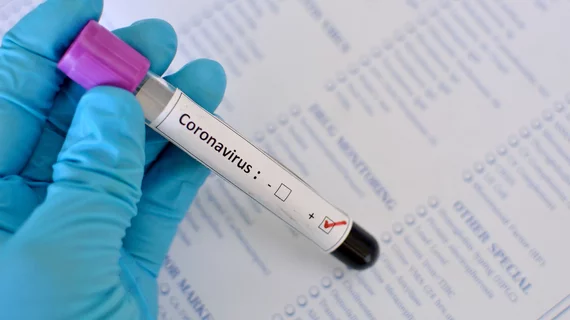EHRA 2020 in Vienna canceled over coronavirus concerns
The European Heart Rhythm Association (EHRA) has canceled its scientific congress, EHRA 2020, due to ongoing concerns related to the new coronavirus. The three-day event was scheduled to occur March 29-31 in Vienna.
The European Society of Cardiology (ESC) announced the news March 9 on its website.
“ESC and EHRA leadership have been closely following the recent developments around COVID-19,” according to the announcement. “With severe measures being taken by hospitals to deal with the epidemic, a rapidly growing number of congress faculty have informed us that they are unable to travel. Under the circumstances, cancelling EHRA 2020 was deemed the only responsible course of action.”
Numerous other healthcare conferences have been affected by COVID-19. ACC.20/WCC, the joint meeting of the American College of Cardiology and World Congress of Cardiology, was scheduled to take place March 28-30 in Chicago, but has been officially canceled.
The Healthcare Information and Management Systems Society (HIMSS) also canceled its 2020 annual meeting, HIMSS20. The European Society of Radiology, American Physical Society and other organizations in the healthcare industry have pushed back or canceled their own scheduled conferences as well.
“The ESC is now considering whether to reschedule at least some of the event for a later date or deliver some of the planned content via online platforms,” according to the announcement. “We will keep you updated as information becomes available.”

